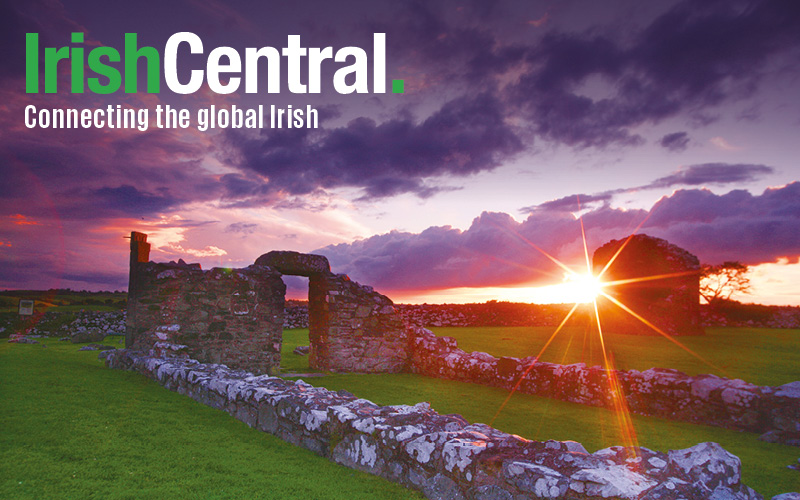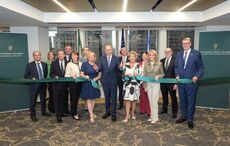Irish Minister for Foreign Affairs Charlie Flanagan has admitted that a hard border between Northern Ireland and the Republic of Ireland can not be completely ruled out when the UK leaves the European Union (EU).
British Prime Minister Theresa May has confirmed that the UK will trigger Article 50, the move that will officially begin their exit from the EU, by the end of March 2017, with plans to complete their departure within two years of that date.
Although the majority of voters in Northern Ireland chose to remain in the EU in the Brexit referendum last May, along with a majority of Scottish voters, Prime Minister May confirmed that they would leave along with the rest of the UK.
Although Minister Flanagan has discussed the border issue with UK politicians and believes that no party wishes to return to the hard border of the past, it is still a possibility.
"That scenario (of a hard border) cannot be ruled out,” he said.
"(However,) I have been speaking to all of my 26 EU colleagues over the past few weeks, and I have impressed on them that we cannot go back to the old days of a heavily fortified border between us, because over 30,000 people cross every day."
Although customs checks have not existed along this border since January 1, 1993, security forces often asked travelers for identification because of the violence of the Troubles. British military checkpoints were stationed at main border crossings while other crossings were also made impassable until these controls were removed within the Good Friday Agreement. The last of the controls was removed in 2005.
Read more: Despite spike in racism in post-Brexit Britain Irish remain welcome
Announcing the UK’s timeline for Brexit over the weekend, May insisted that all countries within the UK would leave and that there was no question of Scotland or Northern Ireland remaining.
“The job of negotiating our new relationship is the job of the Government. Because we voted in the referendum as one United Kingdom, we will negotiate as one United Kingdom, and we will leave the European Union as one United Kingdom,” the British PM said.
“There is no opt-out from Brexit. And I will never allow divisive Nationalists to undermine the precious Union between the four nations of our United Kingdom.”
Deputy First Minister for Northern Ireland, Sinn Féin MLA Martin McGuinness has claimed this is far from a done deal, however, while Scotland’s First Minister Nicola Sturgeon also believes a second referendum on Scottish independence will be held in the coming year.
"The Tories [British conservative party currently in government] clearly do not care about the people of the North who clearly voted to remain in the EU,” McGuinness stated.
"None of this is a done deal and it is important that people mobilise in a campaign to confront the selfish approach of the British government which holds out the potential to hugely damage our economy.
"There is also a need for the Irish government to act on an all-Ireland and European level to represent the democratic wishes of the people of the North and respect the remain vote."
Sinn Féin President Gerry Adams has also criticized the Irish government's response to the Brexit vote, claiming they are not adequately prepared for negotiations despite Taoiseach Enda Kenny stating the government have been in preparations for quite some time.
“The result of the Brexit referendum has been known now for over three months, yet we've yet to see any meaningful propositions coming from the Taoiseach and his Ministers in the intervening period on the key issues and potentially significant consequences for the island, north and south,” Adam declared.
“Front and center of the Irish government's mind must be the fact that citizens in the north voted to remain in the European Union - that must recognized and respected.”
Speaking in Mayo after May’s announcement. Taoiseach Kenny identified trade and travel as the two major issues of concern to Ireland after the Brexit vote, while Minister Flanagan called it the greatest foreign policy challenge Ireland had met with since it joined the European Economic Area 43 years ago.
"Our priorities here are quite clear - the economy, the fact that we have in excess of €1.2bn trade with the UK every week, obviously the situation regarding Northern Ireland,” Flanagan said.
"The preservation and maintenance of the Common Travel Area which we have enjoyed with the UK since the foundation of our State. And of course the fact that we still remain active members of the European Union."
H/T: BreakingNews.ie




Comments